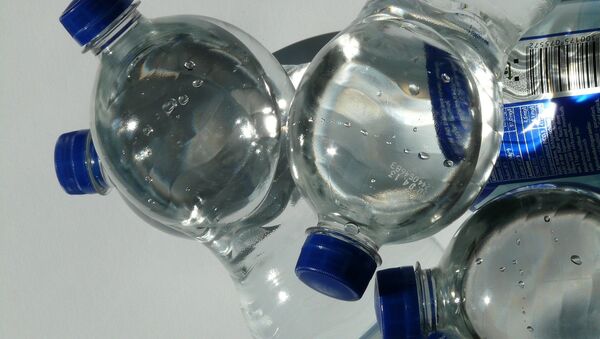For the time being, oil-based polyethylene terephthalate (PET) remains the main ingredient for the production of drinking bottles. The VTT's new groundbreaking method can provide a renewable and sustainable alternative for the beverage industries to introduce "green" technologies in the manufacturing process. Its main selling point is that can be scaled up to industrial purposes without substantial investments.
"This material is significantly more effective at retaining water and acids. This contributes to the fact that the contents of the bottle will be preserved better and longer," VTT senior researcher David Thomas told Tekniikka & Talous.
The research and design were funded by the VTT and Tekes, the Finnish Funding Agency for Technology and Innovation, which is a part of Finnish Ministry of Employment and the Economy, as well the most important public funding agency for scientific research in Finland. The VTT's method of producing FDCA from sugar or sugar waste has already been patented and will be presented in September. According to the VTT, Finnish companies in the field of materials chemistry have already voiced their interest.
In the US alone, about 50 billion plastic water bottles are used each year, which amounts to 167 disposable bottles per average American and demands over 17 million barrels of oil annually. This is enough to fuel 1.3 million cars for a year.
Never miss a story again — sign up to our Telegram channel and we'll keep you up to speed!




